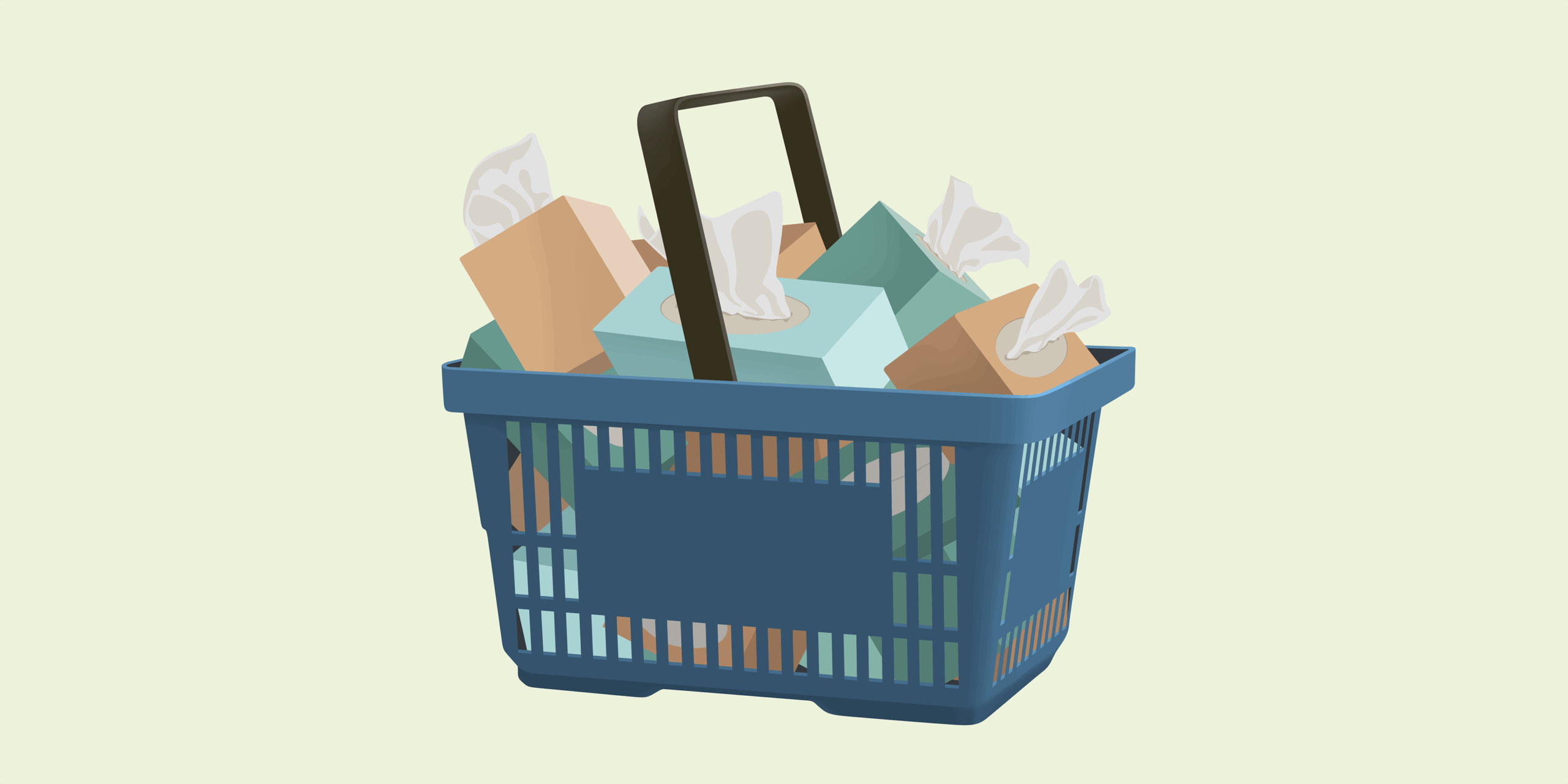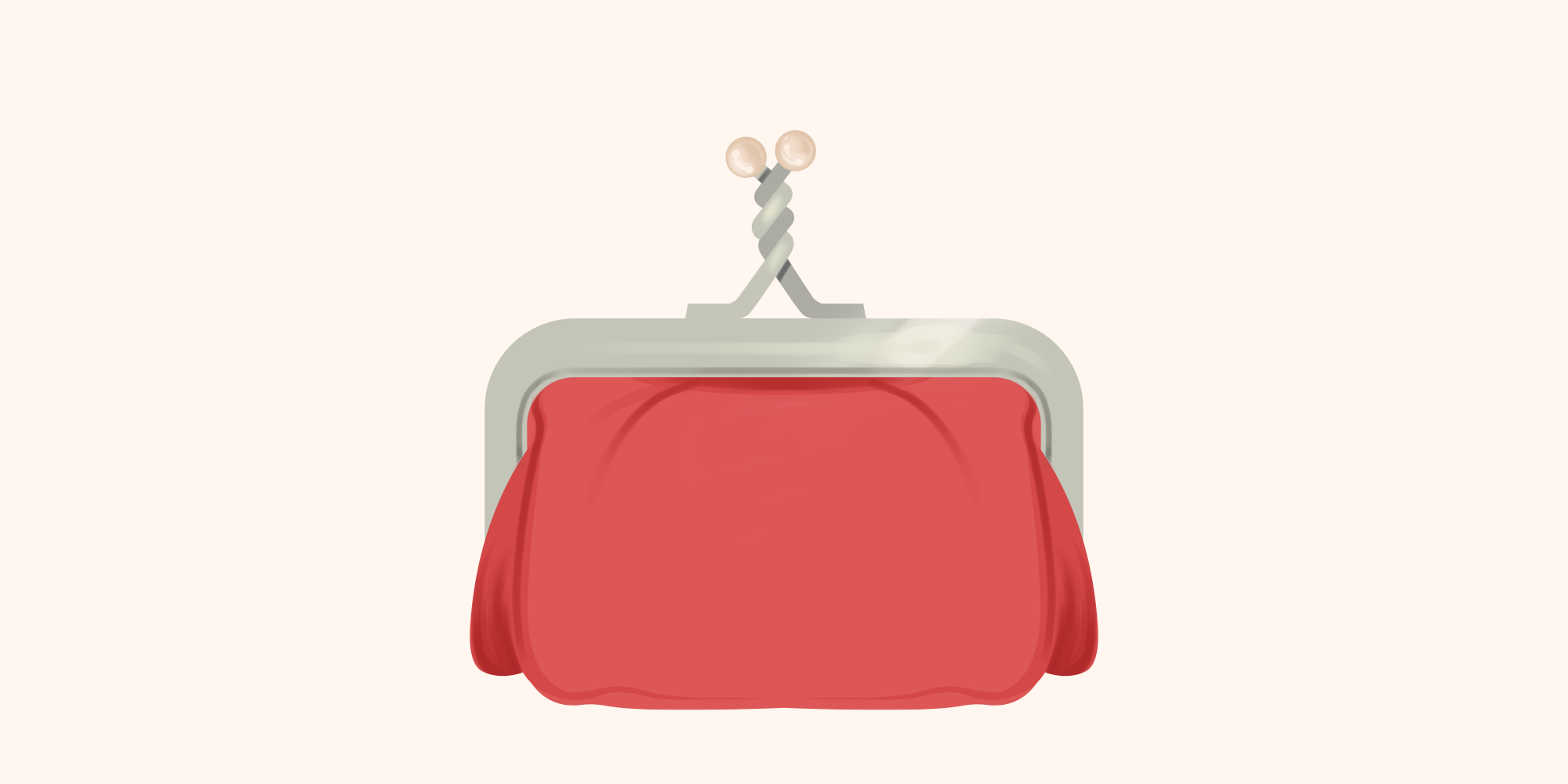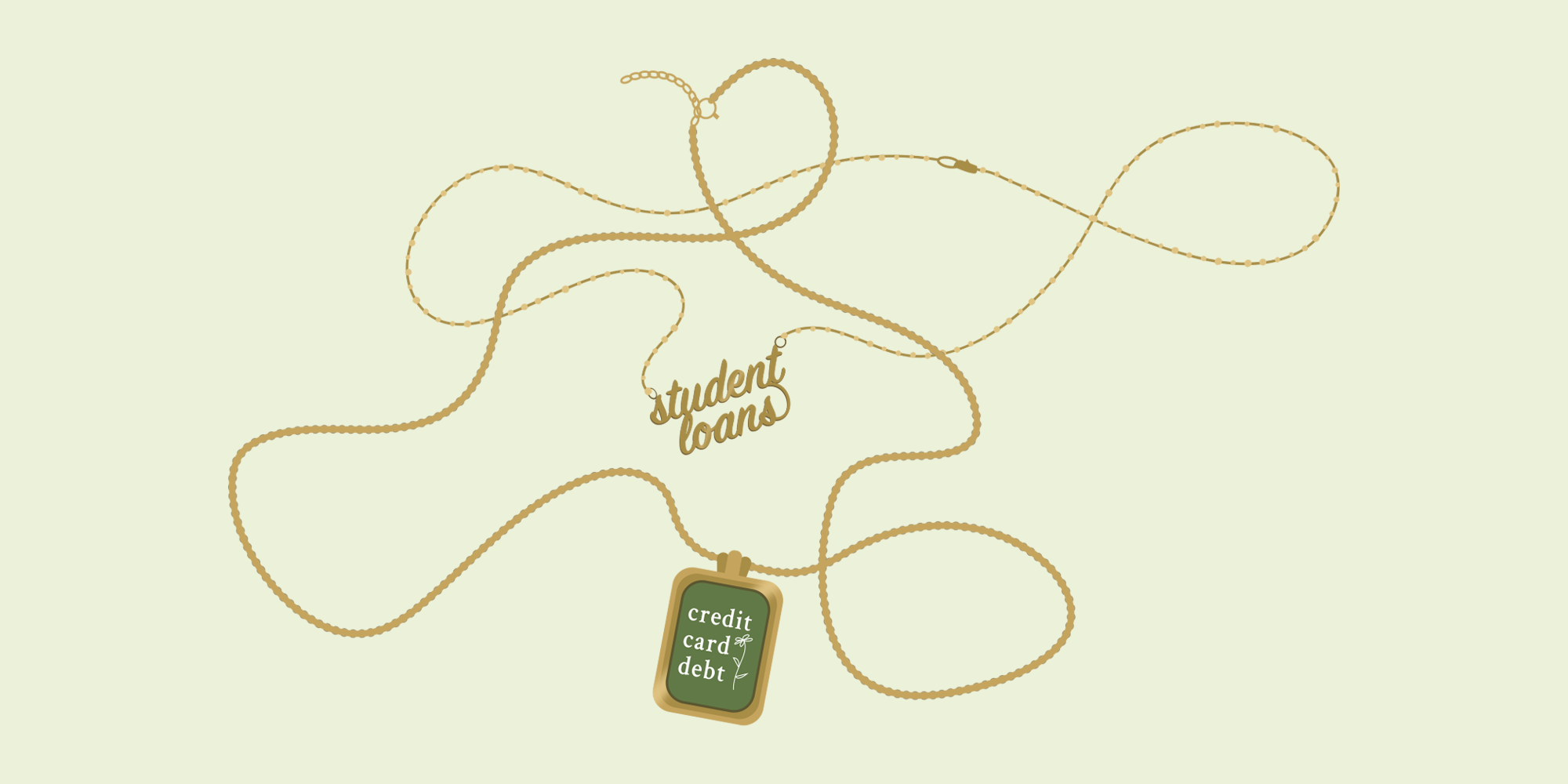Impulse spending, that insidious pattern of buying unplanned items on a whim — rather than weighing whether you actually need them or can afford them — often comes at the worst time, which is why figuring out how to control impulse spending is crucial to avoid wreaking havoc on your finances.
“It’s not uncommon that people either impulsively spend in cases where they’re feeling negatively, whether that’s because of bigger circumstances like economic upheaval or smaller things like minor stresses in their lives,” says Rhia Catapano, an assistant professor of marketing at the University of Toronto’s Rotman School of Management.
Statista’s 2023 data suggests that approximately 36 per cent of consumers said they were most likely to make impulse purchases online.
What causes impulse spending?
Catapano says the spending is an attempt to feel better at a time when things aren’t going well, providing that much-needed dopamine hit. Some people indulge in late-night online shopping, impetuously clicking purchase. Or they mindlessly buy online while surfing at work and buy frivolous or unhealthy grocery items when they’re depressed or hungry.
But impulse spending can backfire spectacularly if money is tight and the job market is weak. And at the moment, Canada’s economy is on somewhat shaky ground. Deloitte Canada recently characterized it as “walking on a tightrope” due to a decrease in business confidence and trade tensions with the U.S. It predicts lower consumer spending and lowered growth in the second half of the year.
Curbing the impulse
So how does one curb this bad habit? Find things that are meaningful that don’t involve spending, says Catapano.
“One major thing that people can do is try to ‘mood repair’ in other ways before it leads to this impulsive spending,” she says.
How to control impulse spending
Eliminating emotions from financial decisions is tough, says Dan Richards, associate professor in the School of Administrative Studies at Toronto’s York University.
But by reducing temptation, controlling one’s surroundings and setting boundaries, impulse spending can be curbed.
- Zero in on your values: “It comes down to understanding what it is that you value – and trying to connect what you spend your money on related to those values,” says Richards. “For example, a person who decides to buy a guitar on a whim and then they use it twice, will say ‘I’ve wasted my money,’” he says. But if a person values music and buys a guitar, “that would be a good purchase for them,” says Richards. “It goes back to who you are as a person.”
- Control your environment: Reining in impulse spending can be controlled by changing your environment, says Richards. “Research is basically showing that controlling the environment is a lot more effective at reducing impulsive spending than trying to impose this kind of self-will on yourself,” he says. So, if you’re hungry, don’t go to the grocery store, he says – go when you’ve just had dinner. Or if you’re up late every night shopping with your laptop or phone, get those devices out of your bedroom – and make sure your credit card is far away so you have to get out of bed to retrieve it.
- Recognize marketing tactics: Many retailers employ hard-sell tactics in which a clock ticks down when you place an item in an online basket. Or they indicate the item is selling out fast. Richards says these so-called deals will often return in a week or two — and that would-be shoppers recognize these techniques as they shop.
- Find other ways to get your fix: “What we find is that for people who have less access to economic resources, a major determinant of how happy they are is whether they’re doing a good job finding meaning in their lives,” says Catapano. Richards says hanging out with friends and family, participating in outdoor activities, volunteering or reading can boost mood on the cheap.
- Take some time: If you’re staring down an online cart filled with items, take a time out, counsels Richards. If you still want those items a few days later, then perhaps the purchase is a sound one. But if you’re no longer interested, that means you dodged an impulse buy.
- Use cash: Using cash can be a very effective way of curbing impulse spending. Because it’s so tangible — rather than paying with a credit card — it forces you to make hard decisions on the spot, says Richards. “You’re aware of how much you’re shopping — and how much you’re spending,” he says.
- Skip social media. Social media is all about the “hauls” other people have acquired. If you’ve got a bad case of FOMO and feel like you need to buy after a few Instagram reels, put a stop to your social media habit, says Catapano. She recommends using apps that can actually block access to social media.
- Budget, budget, budget: Realistic budgets — which include an amount for discretionary spending — can be an effective tool in curbing unnecessary spending, says Catapano. “This will allow people to sometimes indulge and do some mood repair, but within bounds.” She says setting unrealistic budgets which don’t allow for any indulgences generally fail very quickly.
Ultimately, impulse spending can be controlled, Richards says.
“Have a plan to focus your spending on those things that you value,” he says.
“That will lead to more successful financial well-being in the future.”




